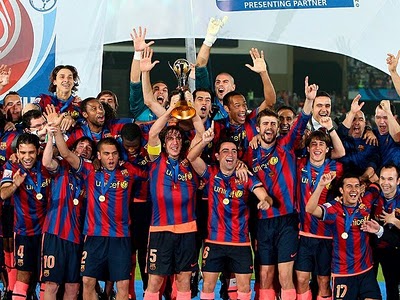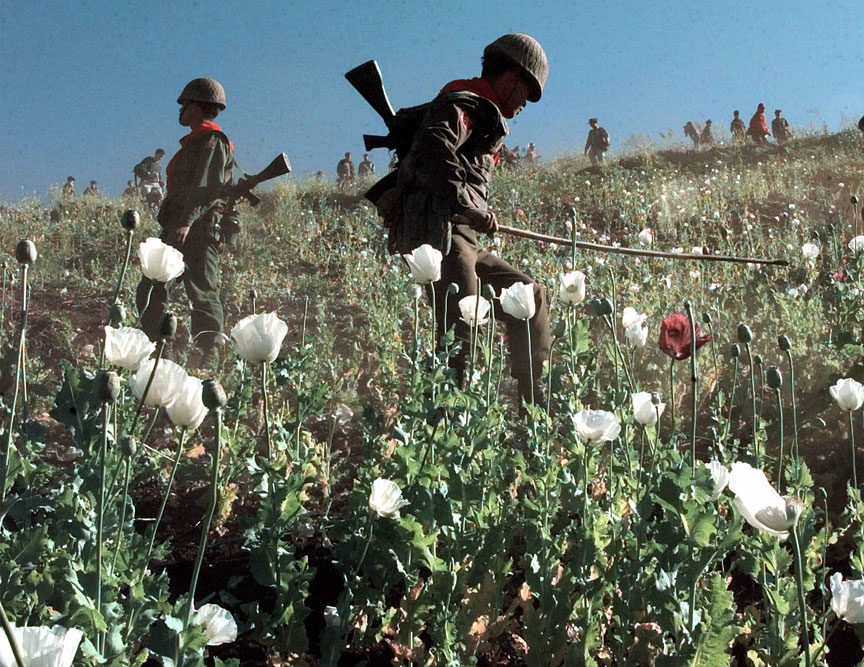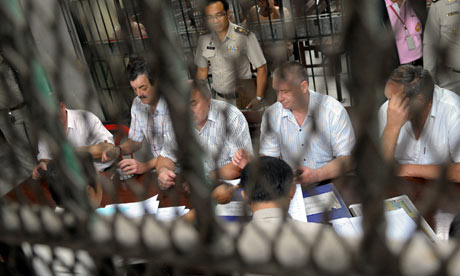21 dicembre 1989, Bucarest, Romania.
La fine di un mondo nella smorfia incredula di un dittatore.
Una delle immagini più potenti della storia.
Qui la cronaca degli eventi che precedettero e seguirono quella giornata.
La fine di un mondo nella smorfia incredula di un dittatore.
Una delle immagini più potenti della storia.
Qui la cronaca degli eventi che precedettero e seguirono quella giornata.


















